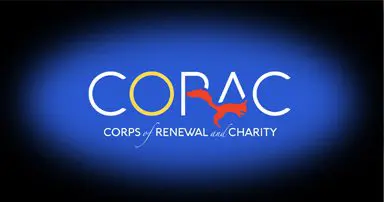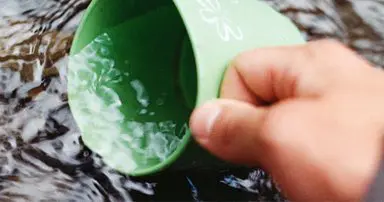[Erin] My usual OOLF (Out of left field) question for this week. If one waterglasses eggs for preservation, is pickling lime the ONLY lime recommended? What about Dolomite lime? Thank You in advance.
[Natalie] I don’t know what Dolomite lime is… is it the lime they sell in big bags at feed mills and Tractor supply? Because I believe Mick said that the lime in big bags at feed mills can be used, and it’s cheap. I wait for her to clarify because I’ve only used the pickling lime.
[Mick] Great question, Erin. I wouldn’t try using dolomite for waterglassing eggs. Dolomite is made up mostly of magnesium carbonate and calcium carbonate, whereas pickling lime is calcium hydroxide. Pickling lime is much more alkaline than either mag carb or calc carb, and so the pickling lime would be a much better preservation agent for the eggs than the dolomite would be.
Natalie is correct. Pickling lime is also called hydrated lime or slaked lime. Any grain elevator or feed store should carry it. You have to make sure to ask for slaked lime or hydrated lime; if you just ask for “lime,” they’ll think you want agricultural lime, which is calc carb or a calc carb/mag carb mix. I just called our local feed store, and they have 50-lb bags of hydrated lime for $21.89. This is double what it cost in 2020, but it’s still a good deal. Given that a 1-lb bag of Mrs. Wage’s Pickling Lime is well over $3, the feed-store price for 50 lbs is an absolute steal.
[Donna] Now, do these eggs need to be fresh from a farm or can they be store bought free range?
[Mick] The eggs must be fresh from a farm, unwashed, and without dirt or chicken mess on them. Eggs that have been washed or even just rinsed off will not work for waterglassing.
[Jacquie] As an aside, I water glassed 5 dozen eggs over a year and a half ago. They are getting pretty old, so I have been feeding them to the dogs; but they are perfectly fine. At this age, the yolks don’t stay together and formed; but they are fine for scrambling or baking. Or for dogs!
[Mick] Just yesterday, my son and a friend of mine cracked open some eggs that I waterglassed in March 2020 or March 2021. (I’ve been too afraid to crack them, so they have just sat until somebody who wasn’t chicken decided to evaluate them.) The yolks were runny and the whites had browned some, but they were NOT rotten. My friend took all of them home (four 5-gallon buckets) to cook and feed to her chickens over the next few weeks. It’s unbelievable to me that the waterglassed eggs are at least 2 1/2 years old (and maybe 3 1/2, depending on which bucket she opened), but the eggs are still good enough for animal feed.
[Mick] Epilogue: Last week, we were talking on this thread about the preservation of eggs by a process known as waterglassing. This is a topic that we discussed quite a bit probably two years ago. For those who are new here in the past couple of years, here’s a recap on waterglassing: Eggs can be preserved for a number of months if they are stored in a solution made from water and calcium hydroxide (also called slaked lime, hydrated lime, or pickling lime). As mentioned above, the eggs must be farm fresh (not store-bought), unwashed, and free of grime on the shells. They should also not have been refrigerated. And of course, the shells must not have any cracks in them. The eggs are carefully put into a large glass jar, a ceramic crock that has a lid, or a food-grade plastic bucket. They are then covered in a solution made from one ounce of slaked lime per one quart of water. The eggs should be covered by the liquid by at least a quarter inch; more would be better. The lid of the bucket/crock/jar should be tight-fitting in order to prevent evaporation of the liquid, and the container of waterglassed eggs should be stored in the coolest-but-not-subject-to-freezing location that you have available (like a basement, root cellar, etc.). I’ll be honest, though… the last eggs that I waterglassed (in March 2021) stayed in my dining room, out of direct sunlight. In the summer, the temperature in that room would reach the high 70s or low 80s (we don’t have air conditioning). The eggs sat there for over 2 1/2 years until my friend took them home to feed to her chickens a week or so ago (early November 2023). she told me that there were 3 dozen eggs in the bucket, and only one of the eggs was rotten.
Here’s a really good article on waterglassing eggs; it’s definitely worth printing out:
Here’s a good video on waterglassing:

























0 Comments